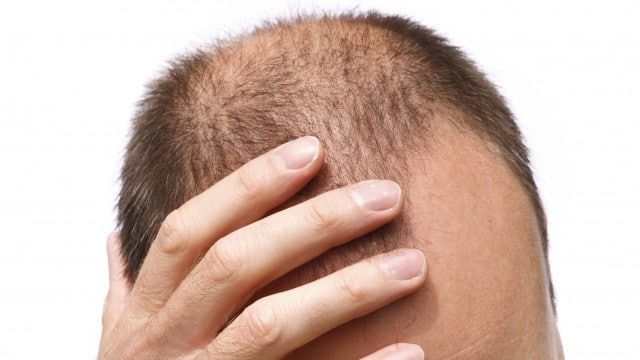Add items to get a Free Gift!
Hair Loss Treatment, Health Behind Hair, Laser Cap Facts, Laser Caps, Natural Hair Care Tips, Red Light Therapy For Hair Loss, Womens hair loss
5 Most Common Hair Loss Triggers
Hair loss affects millions of men and women every year, starting in 40% of men by the age of 35, and women by the age of 40. The American Academy of Dermatology has declared August as Hair Loss Awareness Month. They are providing education about hair loss and empowering those that suffer from hair loss to get ahead of the game and to realize they aren’t alone.
While everyone within their lifetime will see some form of hair loss, the problem could be more serious for some. So, be proactive in your journey and understand what is going on on top of that head of yours! Below are 5 most common hair loss triggers so that you can be fully aware of what might be causing yours.
Table of Contents
Over-styling
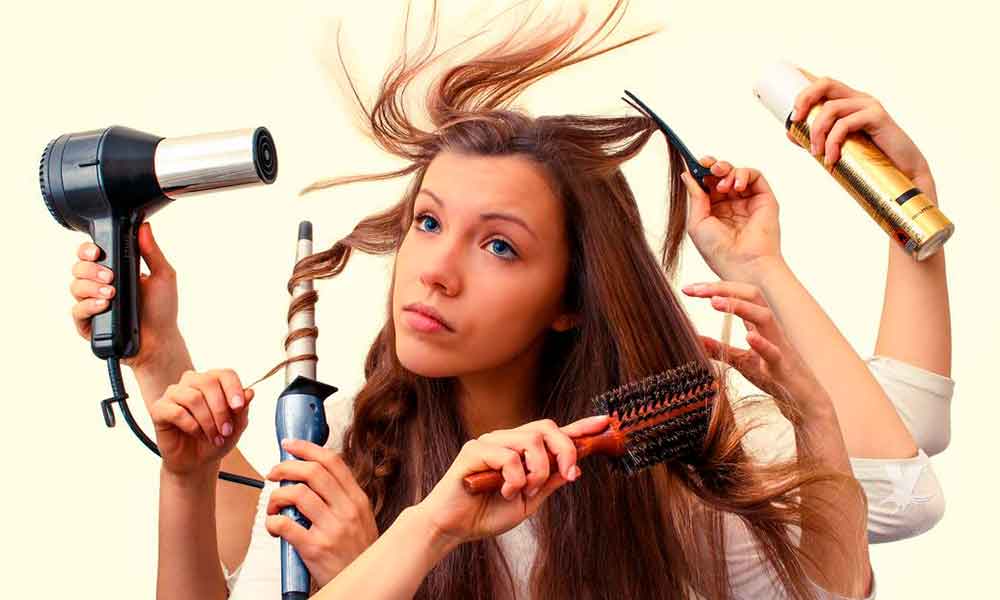
As a form of expression and individualism, styling your hair can be quite important. Coloring, bleaching, or using heat excessive styling tools can look amazing. But, these can often lead to root damage, breakage, and hair loss. This is one of the biggest hair loss triggers. Thankfully this is an easy one to fix and doesn’t cause permanent damage. You can simply reduce the amount of days per week you use heating products on your hair. Also, try eliminating the amount of times per month that you go to the salon to get your hair colored. These suggestions will be effective in helping you get your hair health back on track.
Stress
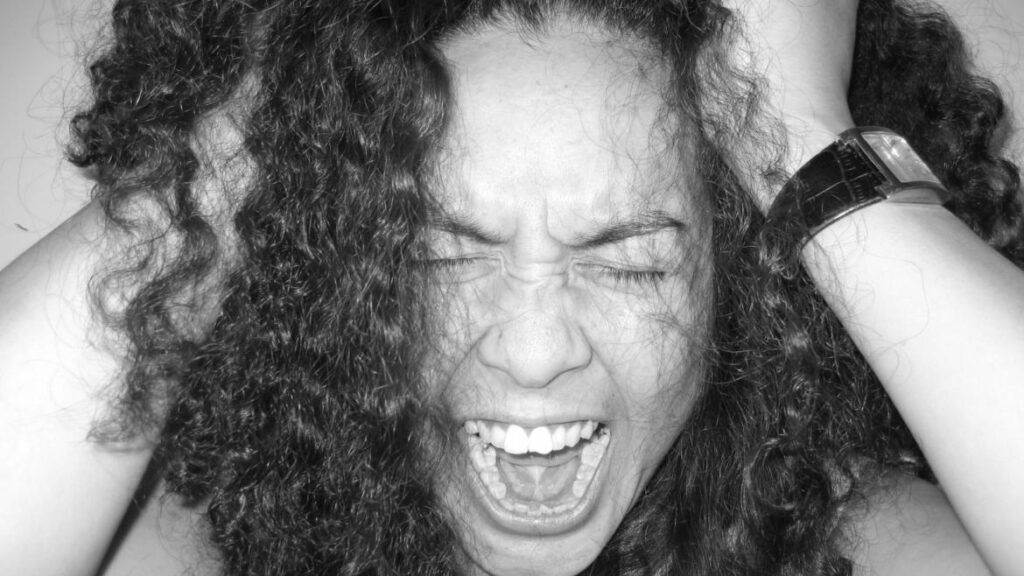
Life is just hands down stressful. Everyone has stressful days, and physical and emotional stress can be a cause of hair loss. And not just stress, but any traumatic physical event such as a car accident, a death in the family, and even pregnancy can trigger those locks to start falling out.
There are three very important cycles in your hair’s life that when working adequately, allows your hair to grow and remain healthy. But when something disrupts this cycle, such as stress or a traumatic event, that cycle is broken, causing more of those follicles to go into the resting phase. Your new hair follicles can’t keep up, so your hair can start to thin excessively. As with over-styling, hair loss from stress is only temporary, and will normally sort itself out after several months. If you are experiencing hair loss from stress, consider seeking medical attention on how to further address the issue.
Nutritional Deficiencies

Just as our bodies need certain nutrients, vitamins, and minerals to remain healthy and strong, so does our hair. Having deficiencies, or not eating properly, can cause those locks to become weak and damaged. This can eventually lead to hair loss over time. Protein is extremely important for your hair as hair follicles are made up of a protein called Keratin. If your diet lacks protein, this can lead to thinning of the hair follicles.
It is also important to stay away from foods that are high in sugar as well as fried foods. Everything is great in moderation, but eating too much of one thing that isn’t good for your body or for your hair can create many problems most would like to avoid.
Hypothyroidism

Your thyroid gland is located in the neck and produces hormones that are crucial to your metabolism, growth, and development. When the thyroid gland does not produce enough hormones, hair loss slowly develops. Hypothyroidism is very common, and if left untreated, hair loss can continue to occur. Consult your doctor if you think you may be an individual struggling with hypothyroidism.
Androgenetic Alopecia
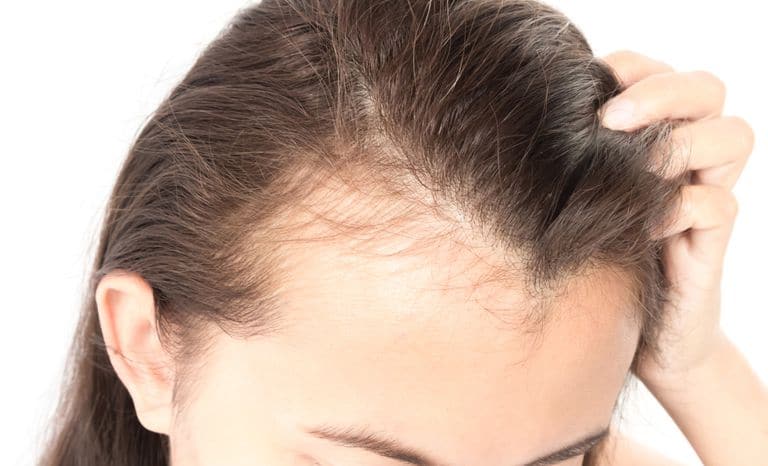
This is the most common form of hair loss in both men and women, normally referred to as male/female pattern baldness. Unlike the others, this one cannot be cured on your own. Androgenetic alopecia involves the action of hormones called androgens, which are essential to the regulation of hair growth. A combination of DHT and genetics makes it impossible for new hair to grow back, killing the hair follicle and reeking havoc on your head. Experts are still working everyday to find a cure, but thankfully there are products out there that can help stimulate the hair follicle to allow new hair to grow back.
If you or a loved one is suffering from hair loss, check out Kiierr’s low level light therapy caps. Your precious locks will be able to grow once again!
Conclusion
Overstyling, stress, nutritional deficiencies, hypothyroidism, and androgenetic alopecia are the 5 most common hair loss triggers. However, these do not have to get in your way!Incorporate the following tips above to trigger hair growth and keep your scalp healthy.
What have you found to help with your hair loss? If you are in need of more information, check out our next article: The essentials for hair growth.

 LASER CAPS
LASER CAPS




 Beauty Products
Beauty Products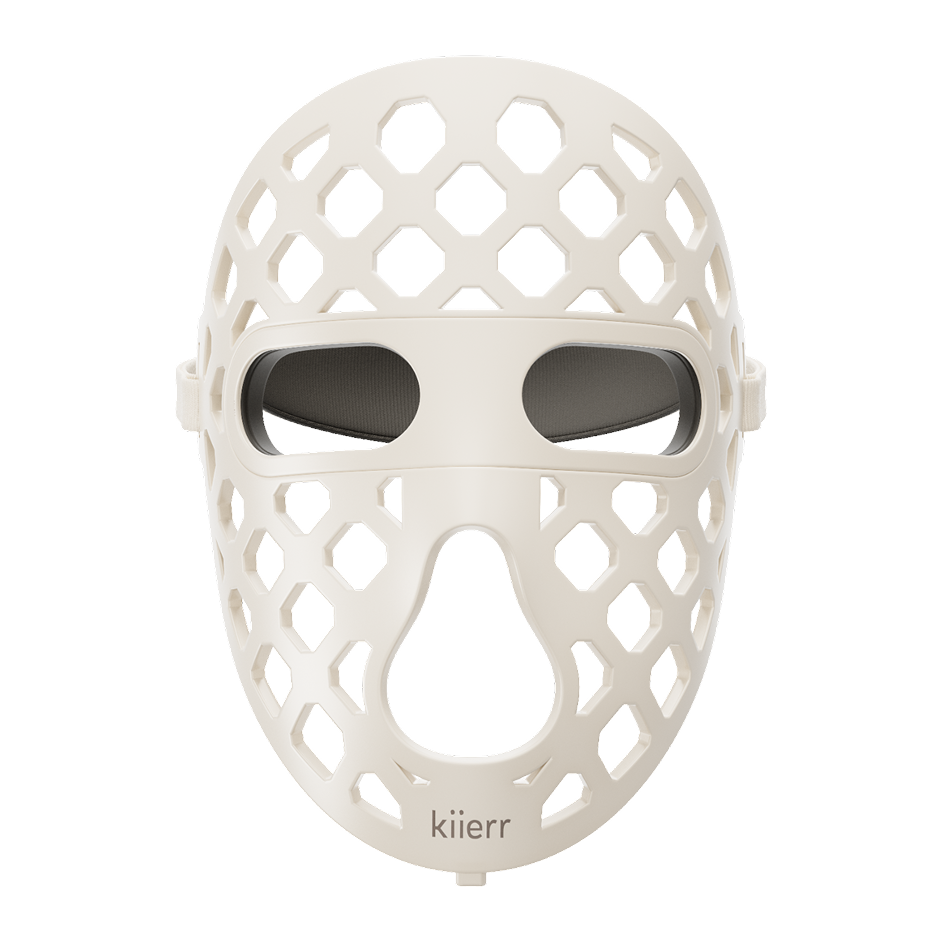





 Daily Deals
Daily Deals RESULTS
RESULTS